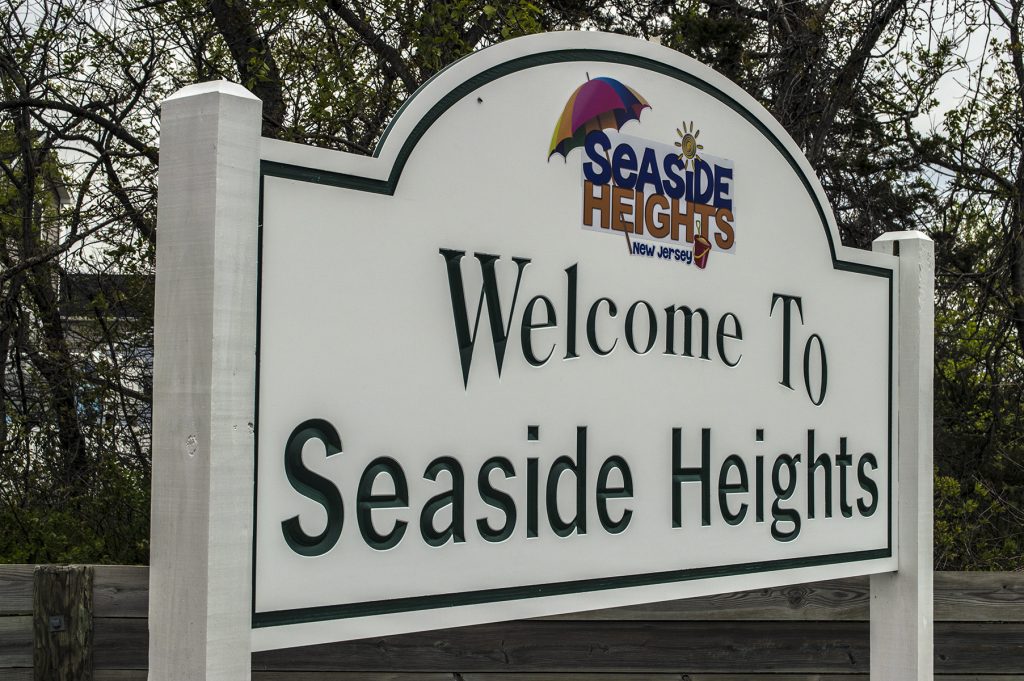Seaside Heights is continuing to participate in New Jersey’s transitional aid program and, this year, will receive $669,999 in state funding toward the municipal operating budget for 2024.
Normally utilized in more urban environments to address ratable bases that cannot fully support city services, Seaside Heights began receiving the aid in the wake of Superstorm Sandy to close the gap between storm-soaked ratables and the need to provide essential services. Despite an ongoing building boom, the borough has yet to fully close the gap left from the storm a decade ago, though as construction and redevelopment projects are completed and added to the tax rolls, the need for such funding is steadily decreasing. Once requiring millions, this year’s award is less than $700,000.
Seaside Heights is also in the midst of a tax reassessment, which will effectively reset the ratable base and better reflect current values.
“We’ve hired our own tax assessor, and the men and women who work with them,” said Mayor Anthony Vaz. “Once that’s done, we’re looking at December of 2024, it’s planned to be on the books for 2025. Next fiscal year will be when you get the new assessment.”
“If you are a person who bought a condo, a townhouse or a single-family home and your appraisal was a million dollars, you’re not going to go lower,” Vaz explained.
Officials also said that, moving forward, the borough will likely adopt a plan to conduct “maintenance assessments” as new construction is added. As it currently stands, though many projects are in the works, the borough cannot legally tax a property on what may be built there in the future. The maintenance assessment program, however, will ensure that new and improved properties have their value properly calculated moving forward.
The award of transitional aid from the state must wait each year until Trenton passes its budget, meaning for towns such as Seaside Heights, the tax rate is not fully set until sometime near the end of the summer. As such, estimated tax bills and the next tax payment due for Seaside Heights residents will almost certainly appear higher than the final rate, which will be factored in once the budget is finally set.
“We will not get our funding numbers until August, and it’s not the first time this has happened,” said Vaz.
The mayor said residents should not be concerned if the tax rate which appears in estimated tax bills seems larger than normal, since the amounts will be evened-out in the following quarter. The higher bill will be the August tax bill, which is normally due in mid-July.
“That bill, you’ll get it and you’ll pay even though it might be a little higher,” said Vaz. “But come November, you’ll get the credit, which will offset that little bit [extra] you pay in August. We’ve done this before, and everyone should know that. Don’t be alarmed, because it will be re-done in November with a credit.”
Seaside Heights has placed numerous cost-savings measures in place as a result of its participation in the transitional aid program, and has conducted state-funded studies on tax savings, including a controversial proposal to close the Hugh J. Boyd Elementary School and combine school districts with Toms River Regional. That plan, however, was rejected by voters during a referendum.
Vaz said the final property tax rate for the borough is still being calculated, however it appears such taxes will increase by about 3 cents per $100 of assessed value, though that figure is likely to be reduced once the municipal budget is passed in its final iteration later this summer.

Advertisement

Ortley Beach & North Beaches
Landmark Ortley Beach Breakfast Spot Looks to Expand

Ortley Beach & North Beaches
‘Temporary’ 70-Foot Cell Tower on Route 35 in Ocean Beach OK’d to Return

Seaside Heights & Seaside Park
Beloved South Seaside Park Restaurant Will Remain Open As Developer Seeks to Demolish Block

Seaside Heights & Seaside Park
In Seaside Heights, A $50M Flagship Building Rises Over the Boulevard in a Famed Location

Police, Fire & Courts
Ocean County Sheriff Establishes Drone Command Center in Seaside Heights Amid New Video






